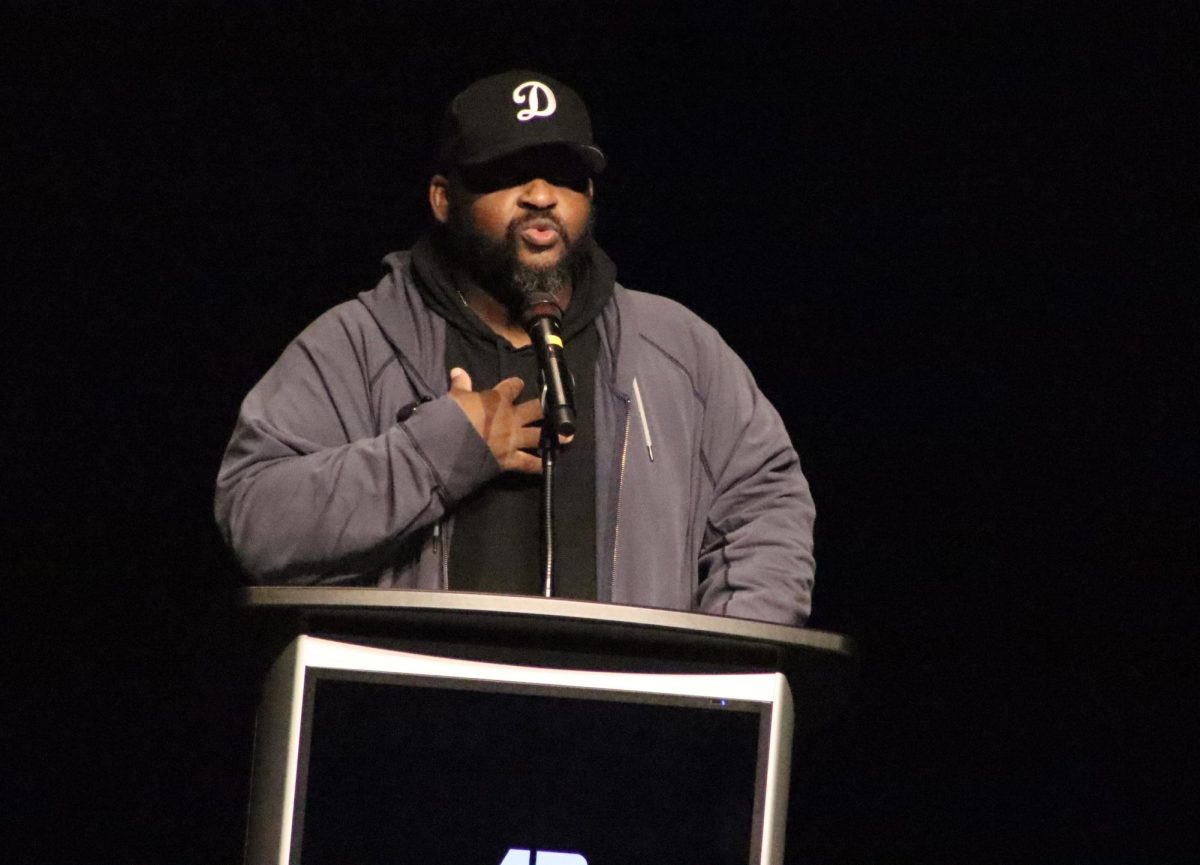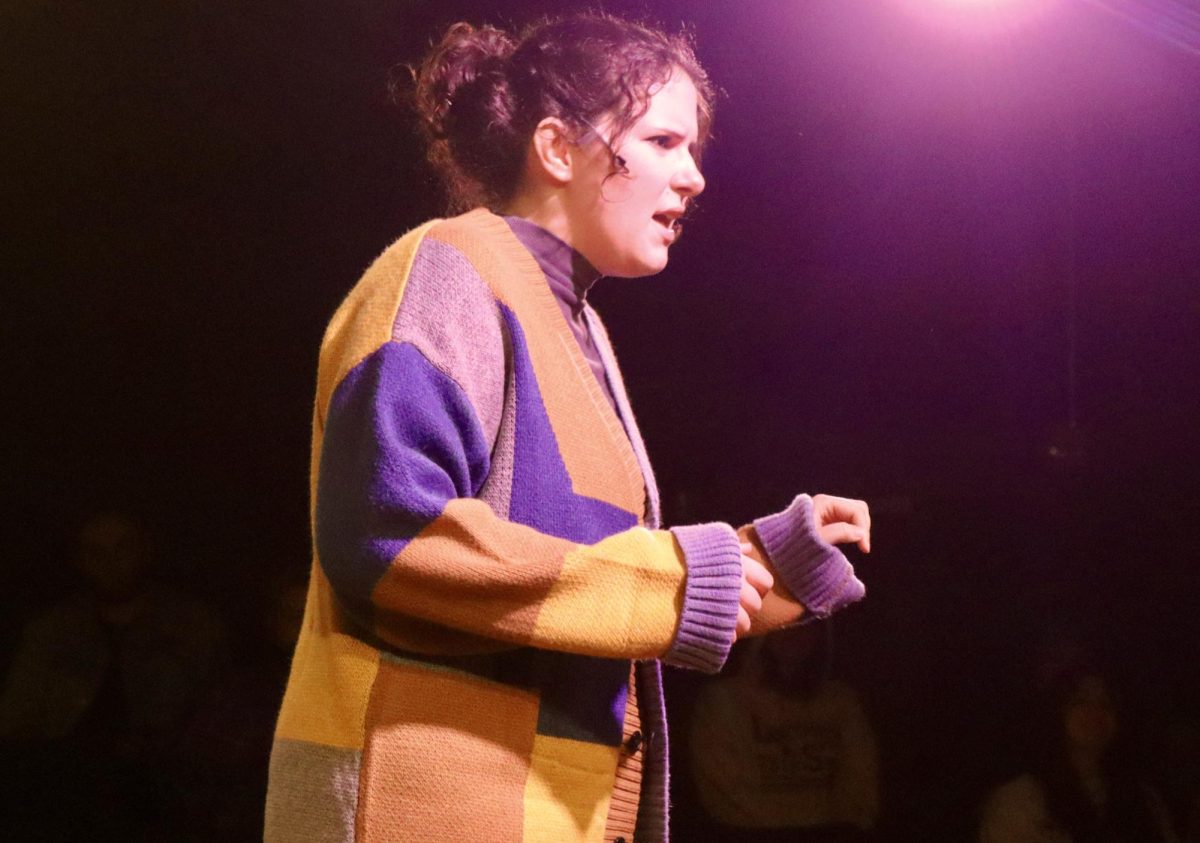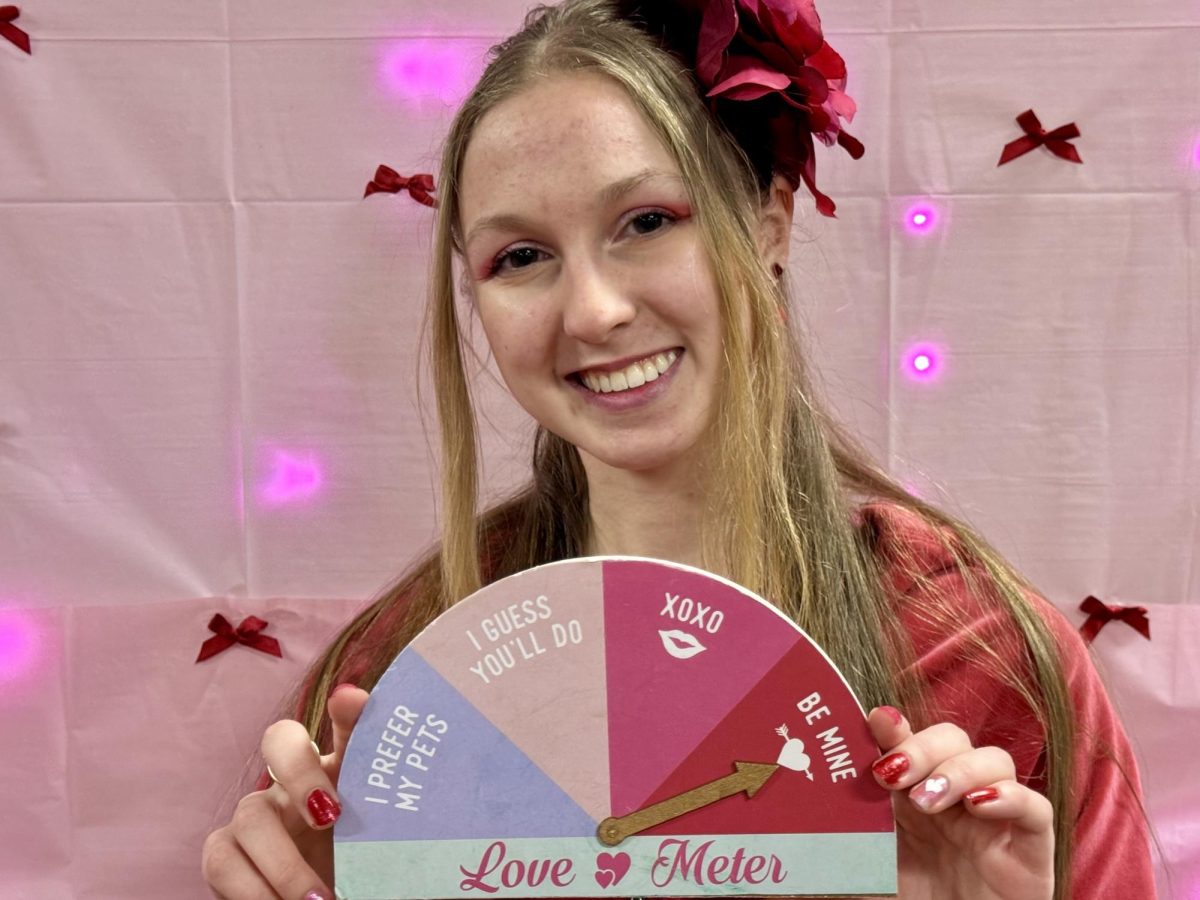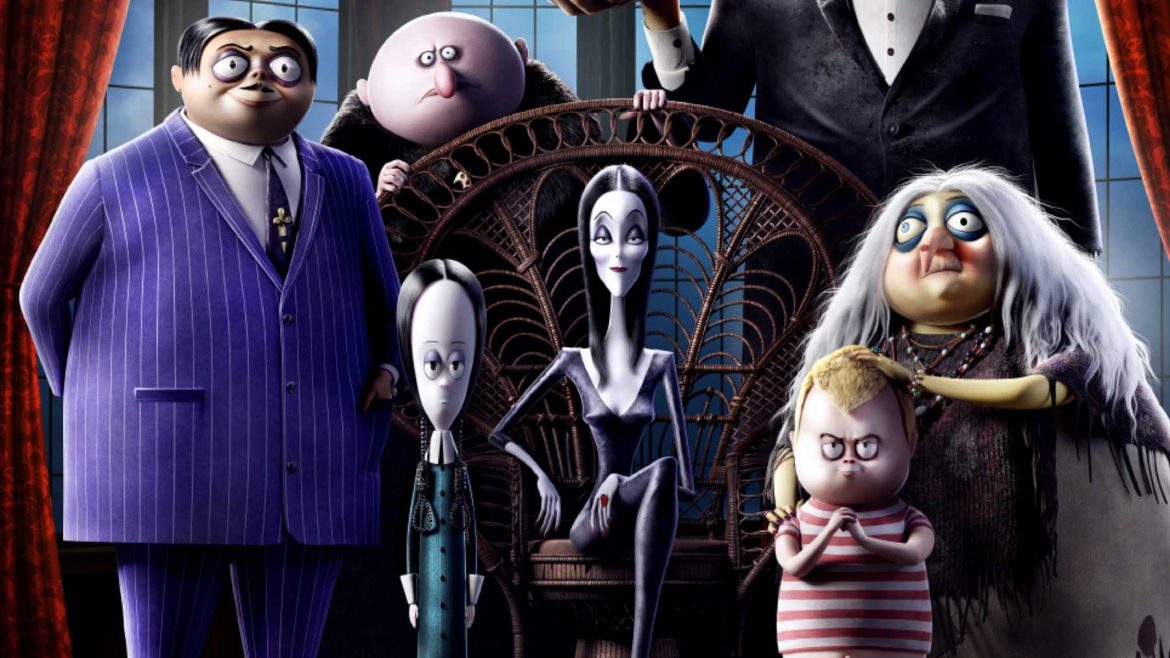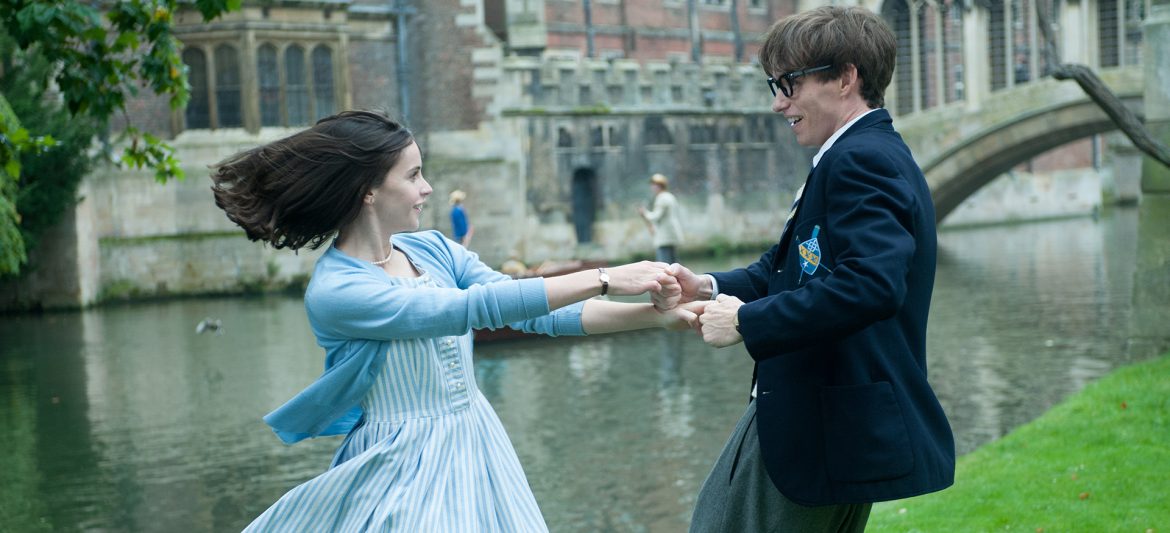The first words of the trailer set the tone for the conversation: “Everybody wanted to meet Michael or be with Michael. And then he likes you.”
Director Dan Reed takes us back to the height of Michael Jackson’s fame in the ’80s. From that point onward, he examines years’ worth of child grooming and sexual abuse allegations through the lens of Wade Robson and James Safechuck. The two men recount in lurid detail their alleged experiences with Michael Jackson, as well as the devastating impact it had on their families and relationships. In the words of Maureen Dowd, the documentary forces audiences to confront the question, “How can you see clearly when you’re looking into the sun? How can an icon be a con?”
No matter what side you take after watching this documentary, this story has no happy ending.
If you believe the two alleged victims, you feel as conned as everyone who previously defended Jackson. If you believe in Jackson’s innocence, you feel like this is a trite, manipulative attempt at slandering someone who is no longer alive to defend himself—I am in the second camp.
Putting my two cents about the allegations aside, the documentary is still extremely biased. Dan Reed states numerous times in interviews that he wanted to prioritize the accusers and their families rather than Jackson. A filmmaker can still capture various perspectives on an issue while standing by their opinions. Dan Reed does not have to prioritize an alleged abuser to analyze the situation with an even hand.
When a director purposefully neglects to interview anyone who does not conform to the narrative they wish to promote, the documentary borders on sensationalist propaganda.
Watch the trailer for ‘Leaving Neverland’ below.
At its core, “Leaving Neverland” reflects a greater conversation at play. The film is less about what presumably happened but instead focuses on what comes next when someone has been abused. In a culture where people are predisposed to shame and doubt victims of abuse, how can accountability touch the seemingly untouchable?
Those from the outside looking in will no doubt take issue with people such as myself doubting the accusations, and they are not entirely unreasonable. After years of telling abuse survivors to sit still and keep quiet, it was inevitable that there would be an outcry of, “No more!”
Because of how empowering it is to speak out against our culture of abuse apologia, it makes it difficult to denounce someone’s accusations without bordering on victim-blaming. In this retrospective era of #MeToo, all stories of abuse accusations deserve to be reexamined, and Michael Jackson is no exception.
If we work to dismantle America’s rape culture and disprove common misconceptions about trauma, it makes judging stories on a case-by-case basis less complicated.
When discussing the validity of Robson and Safechuck’s claims, there should be a distinction between legitimate suspicions and popularized victim-blaming rhetoric. For example, the men lying under oath in defense of MJ does not automatically disprove their claims, as being coerced into silence is not uncommon.
However, what fuels non-believer’s suspicions are the slew of court-documented testimonies that contradict the men’s detailed accusations, such as inconsistencies within the timeline and dates where Michael could not have been present for the alleged incidents to take place. Making these distinctions help prevent critics from capitalizing off of survivors’ fear of being publicly discredited.
If “Leaving Neverland” succeeds at anything, it is how it can ignite passionate discussions about nuances of child abuse and toxic idolatry. As a convincing case against Michael Jackson’s presumed innocence, it serves as little more than a one-sided onslaught on a late megastar’s legacy.


